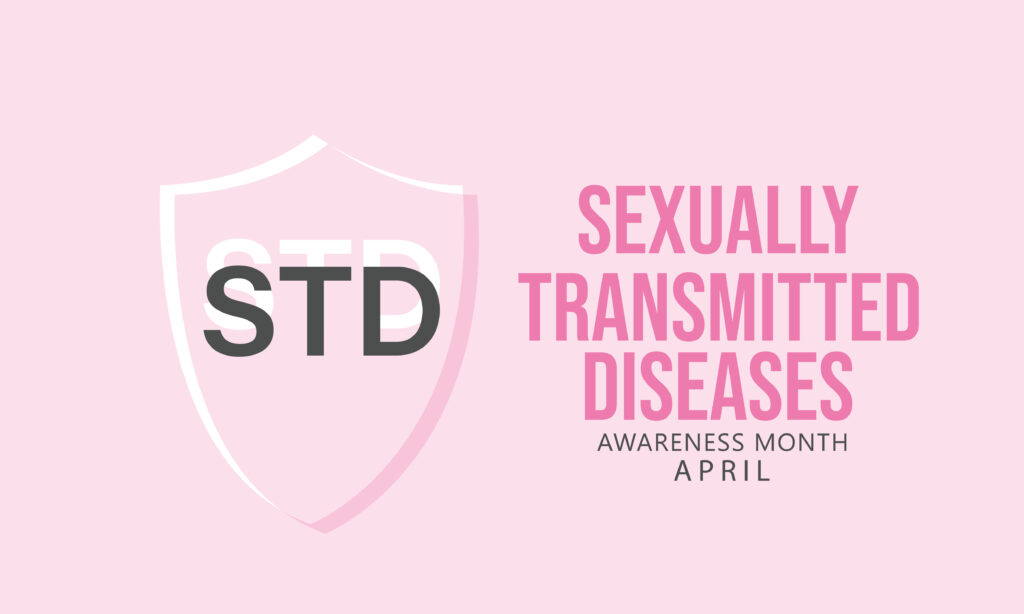
It’s important to discuss your sexual history with your healthcare provider so they can recommend the appropriate tests for you. Testing is usually done by collecting a sample of blood, urine, or tissue from the affected area. The sample is then sent to a laboratory for testing.
If you test positive for an STD, your healthcare provider will recommend a treatment plan. Many STDs can be treated with antibiotics or antiviral medication. It’s important to complete the full course of treatment, even if your symptoms go away.
Remember, STDs are common and treatable. Getting tested and seeking treatment is the responsible thing to do for yourself and your sexual partners. Let’s work together to promote STD awareness and encourage regular testing and treatment.
For more resources: https://www.nichd.nih.gov/health/topics/stds/more_information/resources


